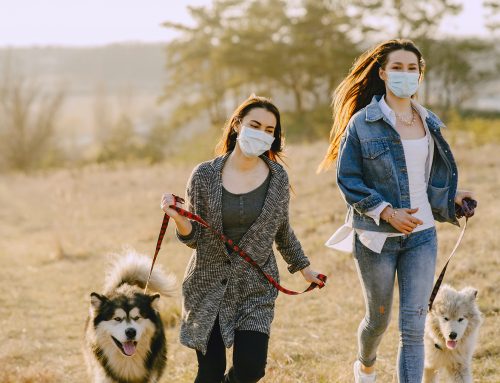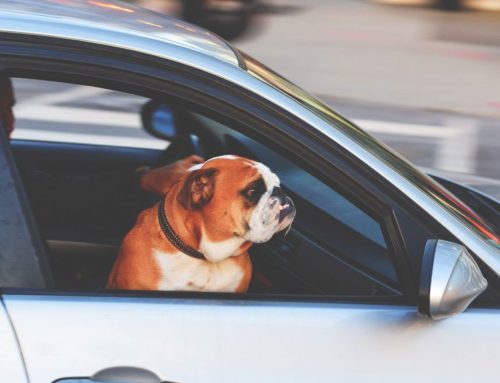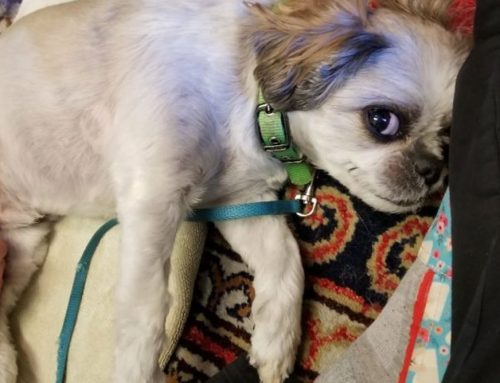 Recently, I found an interesting article on dogs and their need to chew bones, written by veterinary pain expert Dr Robin Downing, and I thought that for this week’s blog post I would share some of the highlights with you.
Recently, I found an interesting article on dogs and their need to chew bones, written by veterinary pain expert Dr Robin Downing, and I thought that for this week’s blog post I would share some of the highlights with you.
We are focusing on animal dentistry for January and February, so our thoughts of course turn to the dental problems that can arise from chewing bones (my rule of thumb is if the chew treat is as hard as teeth, it can injure teeth), but there are many other problems that we see as well. We get asked frequently about dogs and chewing bones; Wild predators eat the bones of prey animals and derive nutrients from eating them, but what about our pets? While it is true that dogs can eat and digest bones from animals- bones are high in calcium, phosphorus and other essential nutrients, there are other concerns that come up when feeding our dogs whole bones.
Robin Downing, director of the Downing Center for Animal Pain Management notes the following
- Bones are very hard and can be brittle, making it easy for a dog to break one of its large chewing teeth. A broken tooth is painful, and whether the tooth is extracted or saved with a root canal, this is an expensive outcome.
- Injuries to the mouth and tongue; The broken edges of bones can be razor sharp. Likewise, dogs can break off sharp shards that can pierce the tongue, the cheek, or the soft palate on the roof off the mouth.
- Bones can get looped around the lower jaw; Round bones can get stuck around the lower jaw behind the lower canine teeth. This is certainly a very scary experience for the dog, and most dogs need to be sedated or anaesthetized in order to cut it off.
- Dogs can choke; Pieces of bone can lodge in the esophagus on the way down to the stomach. Sharp shards can penetrate the soft tissues at the back of the throat or pierce the esophagus. It is also possible for a piece of bone to get into the trachea (windpipe), interfering with your dog’s ability to breathe. Choking is an emergency!
- Bones can get stuck in the stomach; If the bone fragment is large enough, it may not be able to pass out of the stomach, requiring either abdominal surgery or endoscopy to remove it. If the piece of bone is sharp, it can penetrate the stomach wall causing the stomach contents to leak into the abdomen. The result is peritonitis – – an infection in the abdomen that can be fatal even if treated.
- Bones can cause a blockage in either the small intestine or the colon Bone fragments can become lodged in the small intestines, causing a blockage, and requiring surgery to remove them. They can penetrate the intestinal wall and cause peritonitis.
What treats are safe for pets to chew?
If you are looking for something to help with dental care, I always look for the Veterinary Oral Health Council seal of approval as this will let you know that it has been designed and tested to help fight periodontal disease. Dr Downing also writes:
- If you want to offer rawhide, choose one made from (North American) cattle hides, give the thickest hides you can find, and choose ones that are too large for your dog to swallow. No knots on the ends, please. The knots can be pulled off and swallowed, resulting in a trip to the veterinarian for surgery.
-Dr. Rob
Robin Downing, DVM, CVPP, CCRP, DAAPM © Copyright 2015 LifeLearn Inc. Used and/or modified with permission under license.




